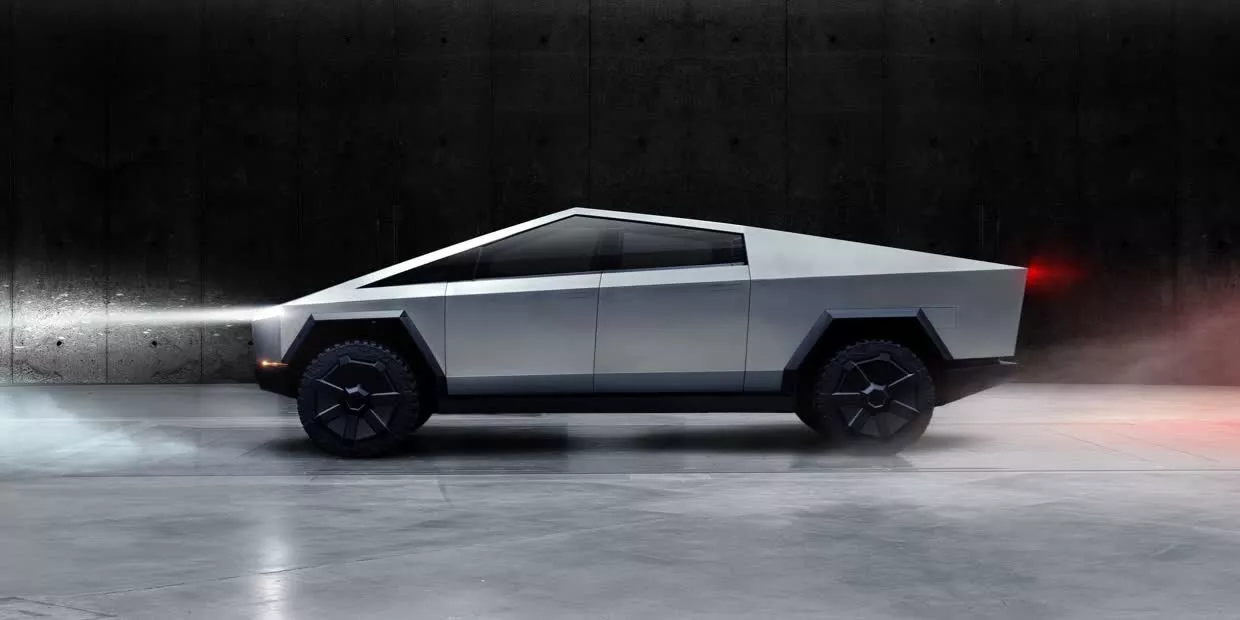Facepalm: Tesla and Elon Musk faced plenty of criticism when the Cybertruck officially went on sale, mostly due to it having a higher price and lower range than what Musk promised in 2019. One YouTube channel tested the dual-motor model to see if really could do 320 miles on a single charge. The result was that the EV managed just ~80% of that distance: 254 miles.
Over four years ago, Tesla said that its tri-motor Cybertruck would have a 500-mile range. The official delivery event at the end of November revised those numbers to 320 miles for the most expensive model, aka the Cyberbeast, and 250 miles for the base variant.
Out of Spec Motoring's Kyle Conner livestreamed an unofficial test of the $76,390 Foundation Series all-wheel-drive Cybertruck to see if it really could manage 320 miles on a single charge.

The five-hour stream involved driving the truck, which had all-terrain tires, on a Texas highway through the night at around 70 mph, while temperatures hovered at about 45 degrees. After driving the 100% charged vehicle until its battery was close to flat, Conner navigated to a mall parking lot and drove in circles until the EV ground to a halt due to a depleted battery.
The 123kWh battery pushed the truck 254 miles in total; Conner suspected it would be around 306 miles.
Cold temperatures can heavily influence the range of electric vehicles. A 2023 study from Recurrent Auto (via Business Insider) found that a Tesla Model 3 reached just 66% of its EPA estimated range when tested at 32 degrees. But commentators on Out of Spec Motoring's video expressed concerns about how the Cybertruck will perform in freezing and snowing conditions when it loses so much range in 45-degree temperatures.
Tesla does offer an optional range extender battery pack for the Cybertruck that increases the distance it can travel on a single charge. It costs $16,000 and takes up about a third of the truck bed.
It's worth noting that the the EPA's own testing procedures differ from those in Out of Spec Motoring's test. The chilly temperatures would have been a factor, as were the less-efficient all-terrain tires. But a near 70-mile shortfall is no small difference.
It was only a few days ago when Tesla decreased the official range estimates for several Model Y, S, and X vehicles, making them more realistic. However, the Cybertruck's estimates were unchanged. Tesla never said why it altered the figures.
https://www.techspot.com/news/101429-cybertruck-falls-short-range-test-achieves-only-80.html